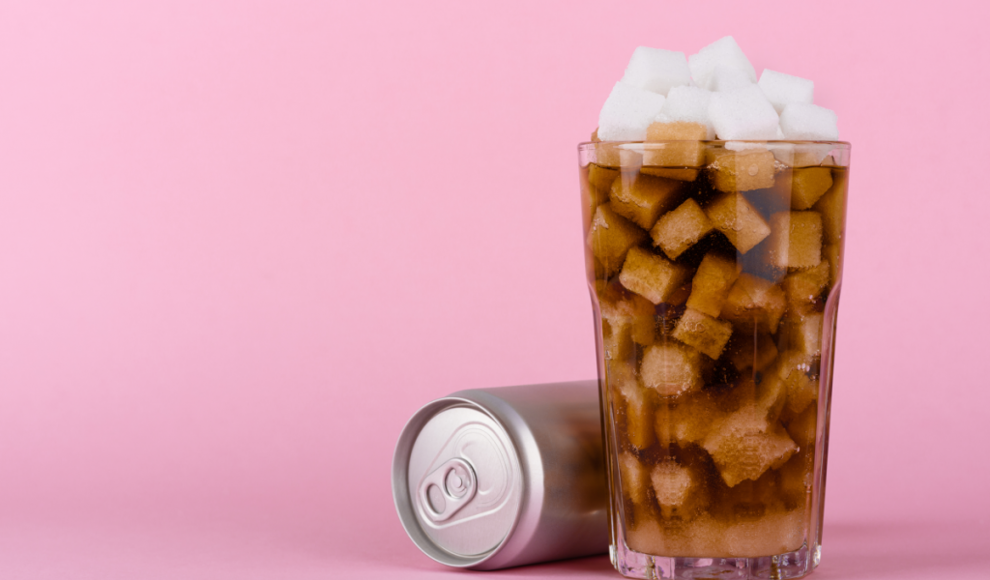A sugar tax could significantly reduce the consumption of soft drinks, saving the German economy and healthcare system €16 billion. High sugar consumption is associated with various health problems, including obesity and a significantly higher risk of liver cancer. The city of Philadelphia has already investigated whether an additional tax on artificially sweetened drinks can reduce consumption among children and adolescents, and found that the effects are significant. The World Health Organization (WHO) also recommends a special tax of at least 20% on sugary drinks to reduce their consumption and negative health effects. However, in Germany, a voluntary self-commitment by the beverage industry has been pursued, which has had little impact so far.
Researchers at the Technical University of Munich (TUM) have therefore calculated how a sugar tax on soft drinks in Germany would affect consumption. According to the publication in the journal PLOS Medicine, they found that a sugar tax on drinks would reduce consumption. In the best case, the healthcare system could save €16 billion over the next 20 years. “A soft drink tax in Germany would have significant positive effects. This would reduce economic costs and relieve the healthcare system.” According to the study, a sugar tax in Germany would significantly reduce sugar consumption and the risk of various diseases. “According to the simulation, a flat 20% surcharge on soft drink prices would reduce sugar consumption per day and per person by one gram.” The effects would be particularly significant for type 2 diabetes, obesity, and cardiovascular disease. “According to our models, up to 244,100 people would develop type 2 diabetes later or not at all due to taxation.”
The introduction of a tax on sugary drinks could reduce treatment costs as well as absences due to sick days and disability. The researchers have calculated economic savings of approximately €16 billion for the period from 2023 to 2043. About €4 billion of this would be saved in the healthcare sector. People under 30 years of age were not included in the study because most of the modeled diseases occur primarily in the second half of life. Because children and adolescents consume more soft drinks than adults, sugar consumption in this age group would decrease even more than in adults. “Accordingly, the average reduction in sugar consumption would be even more drastic and the positive health effect even greater if we were to include younger people.”










